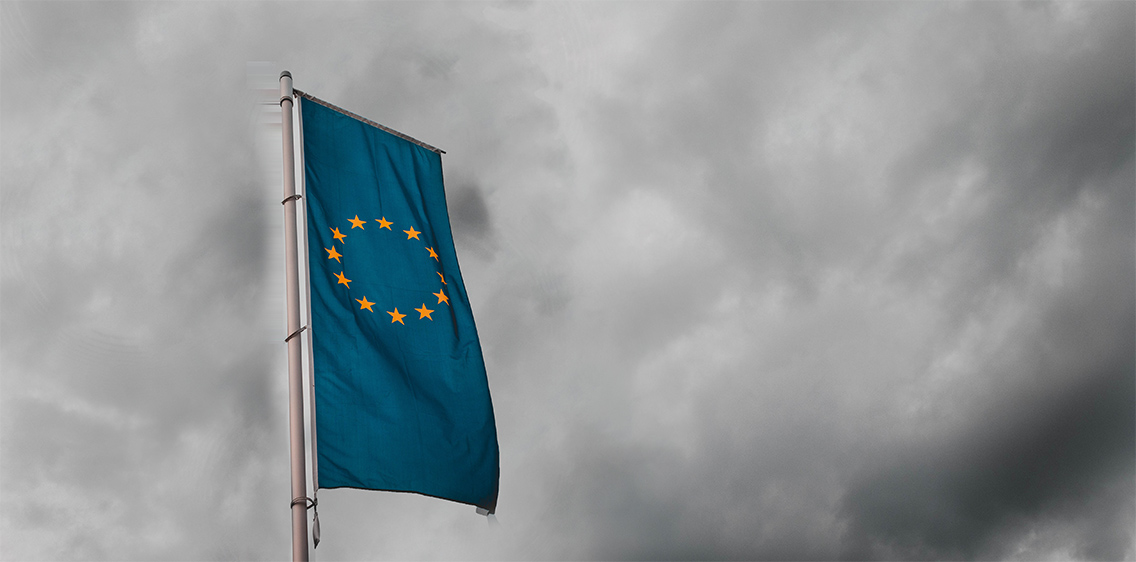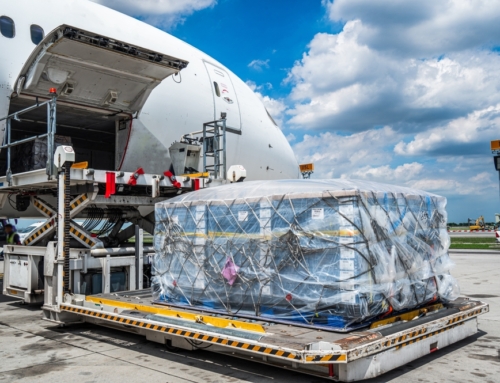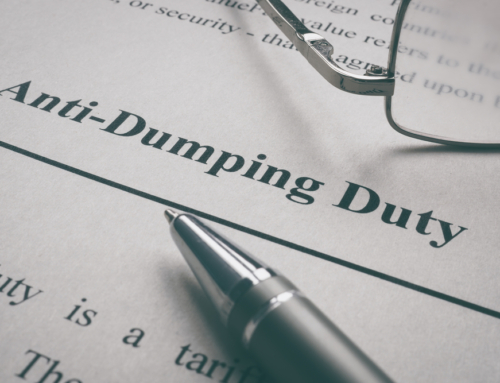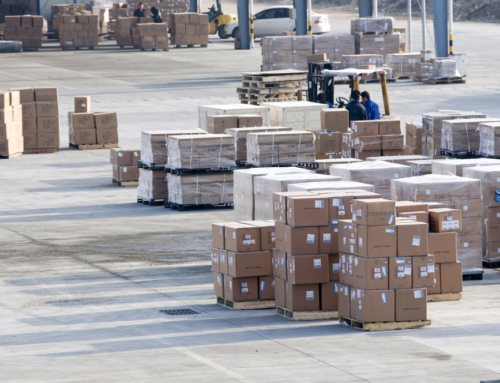On October 1st, after months of Section 301 Investigation and international arbitration, the World Trade Organization (WTO) awarded the United States “victory” over their case against Airbus and the European Union (EU).
Airbus SE is a European multinational aerospace corporation that stood as the world’s second biggest aerospace and defense company in 2018.
The WTO awarded the United States the largest settlement in its history – $7.5 billion annually, granting authority to levy up to 100 percent tariff on affected products. And while the U.S. hasn’t wasted any time to take action, the Administration has, at this time, decided to implement a reduced penalty.
The day after the WTO’s verdict, the Office of the U.S. Trade Representative (USTR) announced the decision to levy 10 percent tariffs on large civil aircraft and 25 percent tariffs on an assortment of additional products from countries across the EU beginning October 18, 2019.
While the bulk of the tariffs will apply to imports from the countries responsible for the illegal subsidies – France, Germany Spain, and the United Kingdom – agricultural products, such as butter from Ireland, cheeses from Italy, and all European yogurt will face the greater 25 percent duty.
15 YEAR BATTLE
The fight between the two aerospace industries isn’t new – it began over 15 years ago when the United States filed a case against the European Union claiming Airbus had received $22 billion in illegal subsidies (an estimated economic benefit of more than $200 billion).
“without the subsidies, Airbus would not have existed … and there would be no Airbus aircraft on the market. None of the sales that the subsidized Airbus made would have occurred.”
ORIGINAL WTO PANEL, 2011
WTO Arbitration resolutions are final and not subject to appeal and losing parties are not allowed to directly retaliate against WTO-authorized countermeasures.
But the EU is not the only one at fault, both nations have been found guilty of providing unlawful subsidies to their aircraft manufacturers. In a few months, the European Union may be granted similar rights to impose their own countermeasures against U.S. industries in the pending case against Boeing. Both sides of the Atlantic should be open to a fair negotiated settlement to prevent trade dispute escalation. The impact of additional duties would raise costs on an industry employing over 275,000 people in the U.S. alone.
Boeing is an American multinational corporation that designs, manufactures, and sells airplanes, rotorcraft, rockets, satellites, telecommunications equipment, and missiles worldwide. The company also provides leasing and product support services.
“The aircraft sector is amongst the most complex industries in the world, from the development, production and financing point of view. The specificity of the sector calls for comprehensive subsidy disciplines so that all players compete on an equal footing,” said EU Trade Commissioner, Cecilia Malmström. “The EU has, as recently as this July, shared concrete proposals with the U.S. for a new regime on aircraft subsidies, and a way forward on existing compliance obligations on both sides. So far the U.S. has not reacted.”
As Green continues to monitor the situation, stay up-to-date on freight news by following us on Facebook, Twitter, and LinkedIn. For continuous updates, make sure to check out our website at greenworldwide.com.






